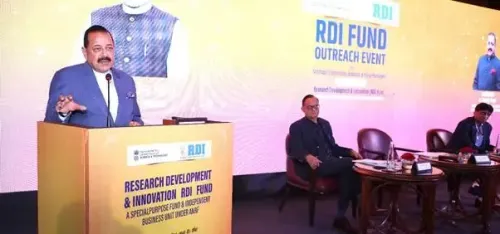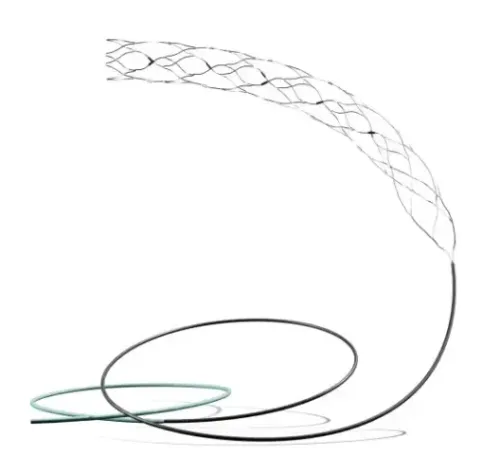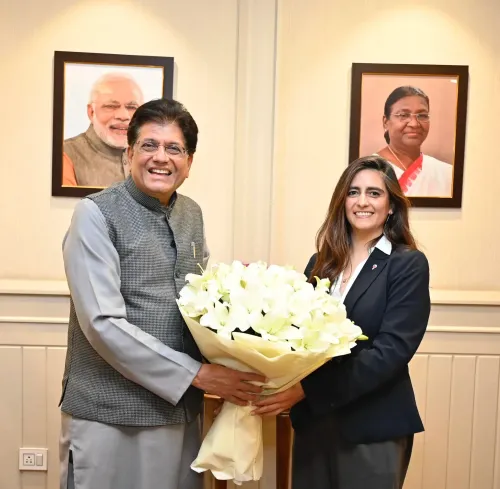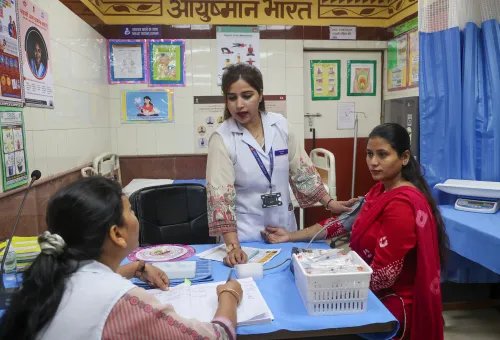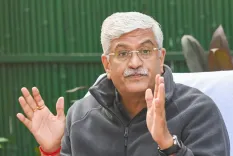How is AI Integration Transforming Diagnostics and Patient Care in India?
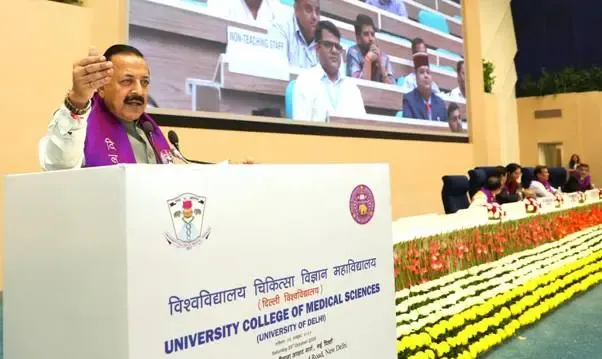
Synopsis
Key Takeaways
- AI is revolutionizing diagnostics and patient care.
- India's healthcare is becoming a global leader.
- Medical education has significantly expanded.
- Collaboration among institutions is essential.
- Healthcare must address diverse disease spectrums.
New Delhi, Oct 25 (NationPress) The incorporation of artificial intelligence (AI) into the medical field is transforming diagnostics and patient care in India, asserted Union Minister of State for Science and Technology Dr. Jitendra Singh on Saturday.
Speaking at the 54th Foundation Day and College Convocation of the University College of Medical Sciences (UCMS), University of Delhi, Singh emphasized the swift evolution of medical education and healthcare paradigms in India.
The Minister remarked that AI's role in medicine, which he has personally explored through tele-mobile clinics, is poised to revolutionize diagnostics and patient care.
“AI can interact in the patient's preferred language and offer comfort through human-like communication,” Singh stated, referring to it as a hybrid model that merges empathy with innovation.
He noted that India has established itself as a global leader in healthcare, showcasing achievements like an indigenous DNA vaccine for Covid-19 and advancements in gene therapy, while also highlighting the increasing recognition of India's life sciences sector on the global stage.
Furthermore, Singh pointed out the significant changes in medical education over the last decade.
“A decade ago, there were around 45,000 undergraduate medical seats; today, that number approaches 1.5 lakh,” he remarked.
Singh attributed initiatives like Ayushman Bharat and Jan Aushadhi Kendras to the transformation of healthcare delivery, making it more accessible, affordable, and available.
He noted that “the era of working in isolation is over,” urging academic institutions to collaborate with industry and government research facilities.
The Minister also encouraged physicians to address a “bi-phasic disease spectrum” characterized by the coexistence of communicable and non-communicable diseases, alongside an ageing population and rapid technological advancements.
Singh presented diplomas to undergraduate and postgraduate scholars, inspiring the new cohort of doctors to adopt innovation while remaining grounded in compassion.
“Those graduating today will be at the peak of their careers as India marks its centenary of independence in 2047,” he remarked.
“Fate has bestowed upon you the chance to be the architects of a healthier, more self-sufficient India.”


